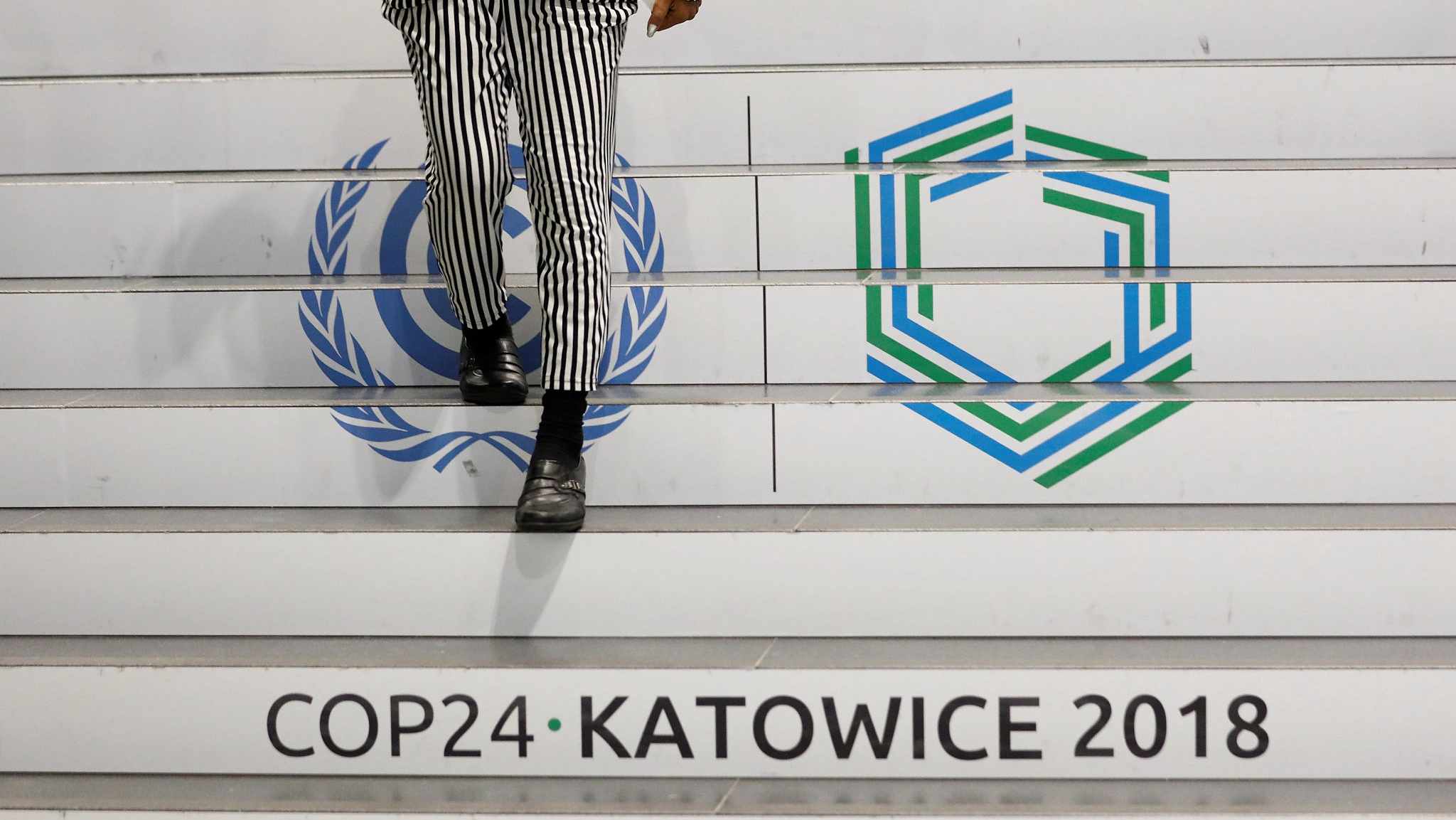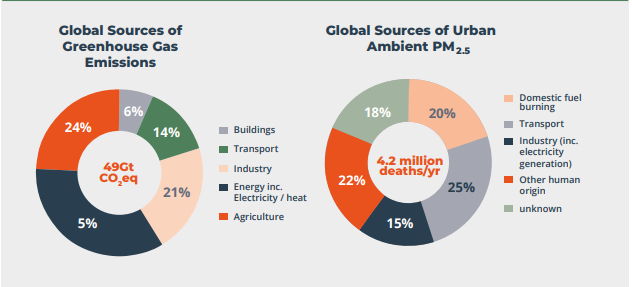
COP24
13:19, 07-Dec-2018
WHO report: Climate action could save China, India more than $10 trillion
Updated
13:09, 10-Dec-2018
Alok Gupta

Keeping the temperature rise within 1.5 degrees Celsius would result in massive financial gains for China and India. Both countries would save a maximum of nearly 10 trillion U.S. dollars, a World Health Organization (WHO) report claimed.
Researchers said ensuring a temperature increase within 1.5 degrees instead of 2 degrees Celsius would help India save 3.28 to 8.4 trillion U.S. dollars. For China, the gain would be nearly 0.27 to 2.31 trillion U.S. dollars. Most of these savings will trickle down from the health sector.
According to researchers, air pollution contributes massively towards healthcare costs. It kills seven million people globally every year, costing more than 5.11 trillion U.S. dollars in welfare losses.
Asia is one of the worst victims of poor air quality resulting in 2.2 million premature deaths.
The WHO's COP-24 Special Report on Health and Climate Change was released on Thursday at global climate change conference at Katowice, Poland. “When health is taken into account, climate change mitigation is an opportunity, not a cost,” said Dr Maria Neira, WHO Director of Public Health, Environmental and Social Determinants of Health.
“The true cost of climate change is felt in our hospitals and in our lungs. The health burden of polluting energy sources is now so high that moving to cleaner and more sustainable choices for energy supply, transport, and food systems effectively pays for itself,” Neira added.
Burning fossil fuels releases heat-trapping gases and pollutants including extremely fine particles called P.M 2.5. These particles enter our bloodstream causing irreversible health damages.

Industry is the largest source of greenhouse gas emissions, while 25% of urban ambient PM2.5 comes from transport. /WHO Graphics
Industry is the largest source of greenhouse gas emissions, while 25% of urban ambient PM2.5 comes from transport. /WHO Graphics
Experts say, coal and diesel, used for energy generation, contributes significantly to global temperature rise and also leads to air pollution.
The situation is alarming as more than half the energy supply in Asia projected to be from coal by 2035-2040. Vietnam alone is planning to increase coal-fired power plant installations between now and 2030, increasing coal emissions by 10 times.
With China exceeding its commitment to reducing carbon emissions, experts believe the country can do more.
“In China, more drastic reductions in emissions are expected to have further health gains, and the net benefit of commitments to reach the goal would exceed the cost of mitigation by three to nine times,” the report maintained.
Apart from fuel for energy generation, the use of firewood for cooking in developing countries, has become a major concern, maintained the report. Twenty-five percent of black carbon emissions globally comes from this source.
“The evidence is clear that climate change is already having a serious impact on human lives and health. We can't afford to delay action any further,” Dr Tedros Adhanom Ghebreyesus, Director-General of WHO said.

SITEMAP
Copyright © 2018 CGTN. Beijing ICP prepared NO.16065310-3
Copyright © 2018 CGTN. Beijing ICP prepared NO.16065310-3